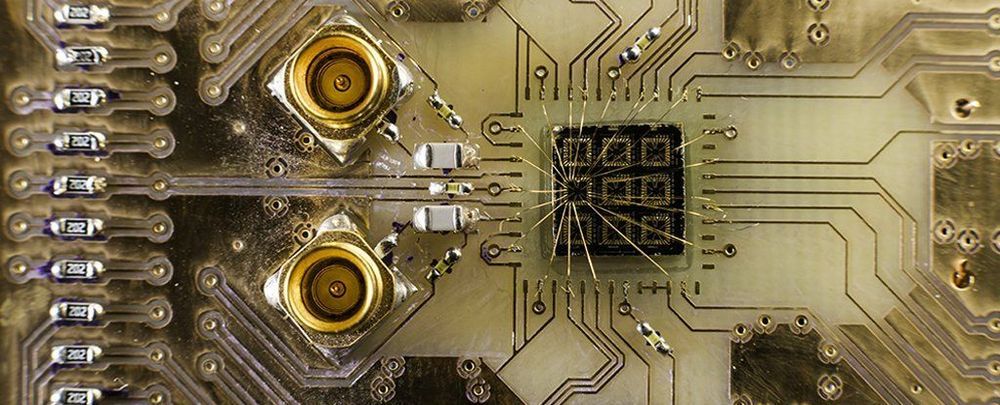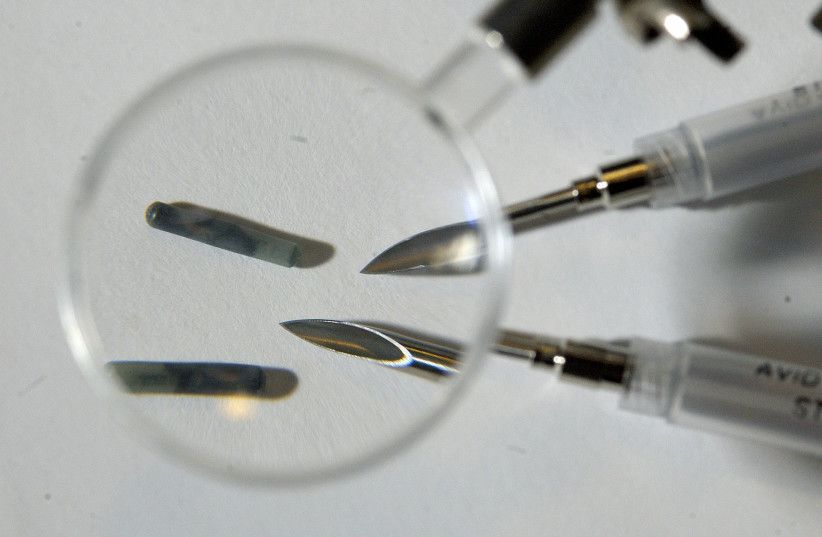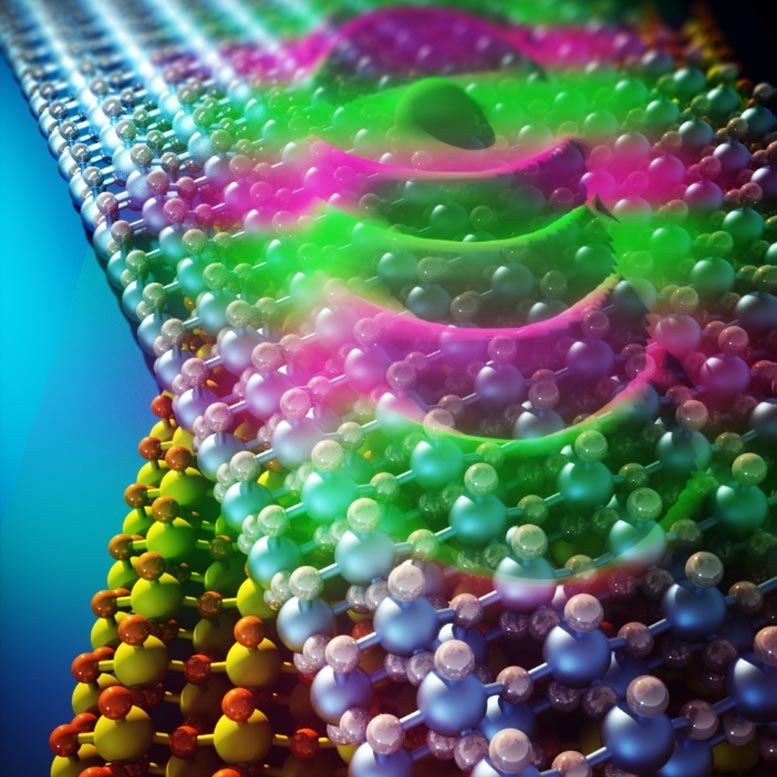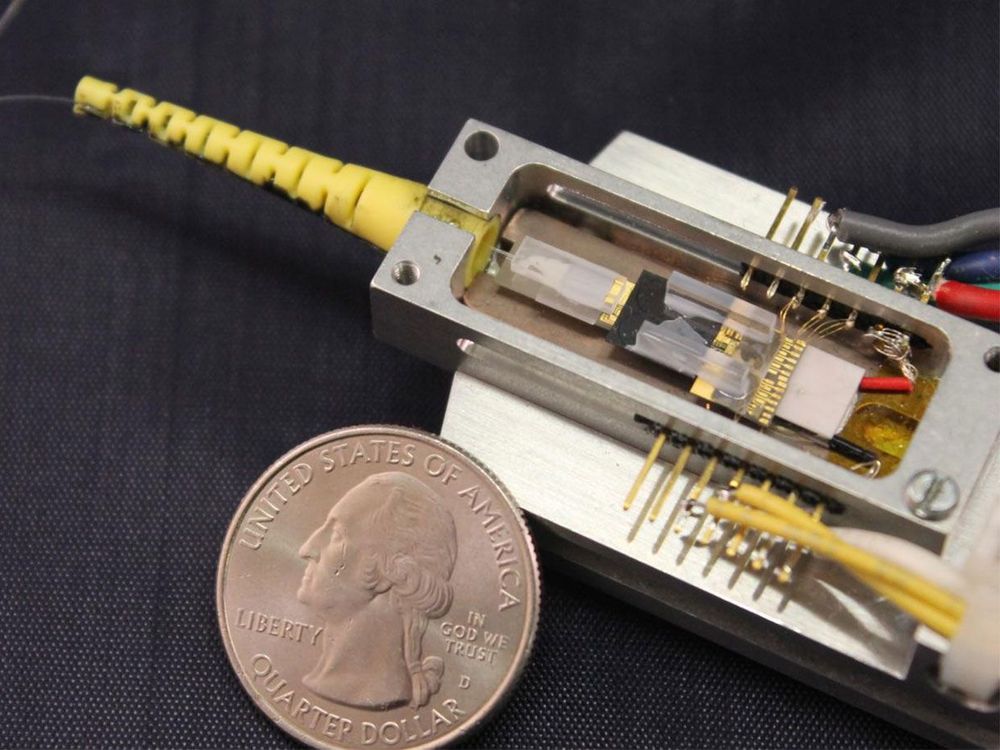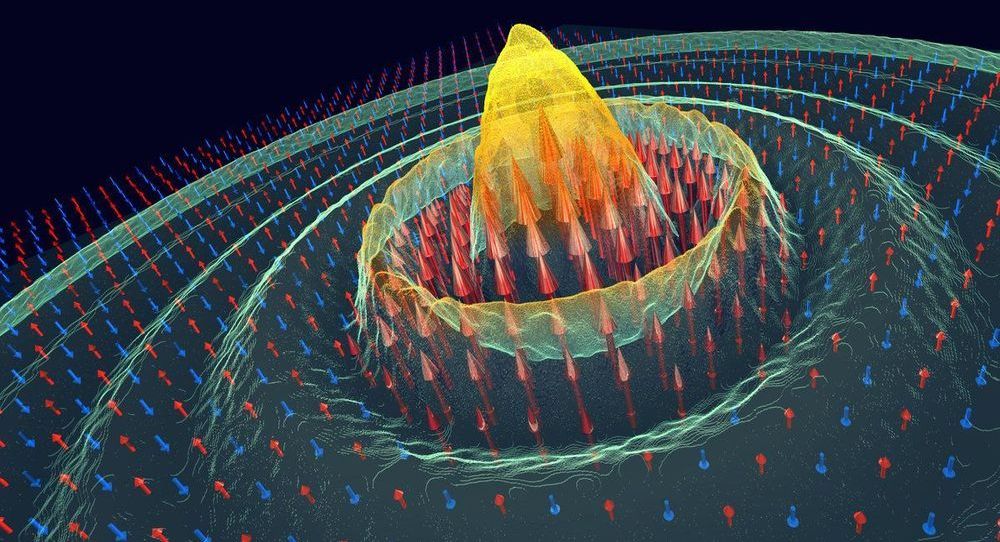The microchips can be used as a key fob, a time card, a credit account for the cafeteria or vending machines, or even as a way for employers to track employee productivity.
“With the way technology has increased over the years and as it continues to grow, it’s important Michigan job providers balance the interests of the company with their employees’ expectations of privacy,” said the bill’s sponsor Michigan State Rep. Bronna Kahle. “While these miniature devices are on the rise, so are the calls of workers to have their privacy protected.”
The bill will be introduced to the State Senate where, if it passes, Governor Gretchen Whitmer will be able to sign the legislation into Michigan law.
The microchips in discussion, are about the size of a large grain of rice inserted between an employees thumb and forefinger to give employees access to different amenities throughout the office. They not battery powered, and are instead activated and used as individual ID for the employee when introduced to a Radio Frequency Identification (RFID) reader.
The chips can be used as a key fob for the office, time cards, a credit account for the cafeteria or vending machines, a way to access company laptop or office devices and, more controversially, as a way for employers to track employee productivity.
